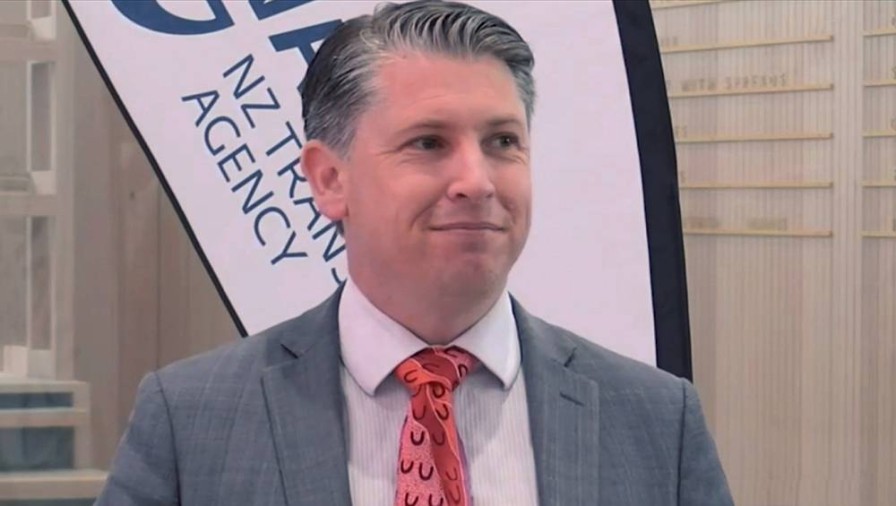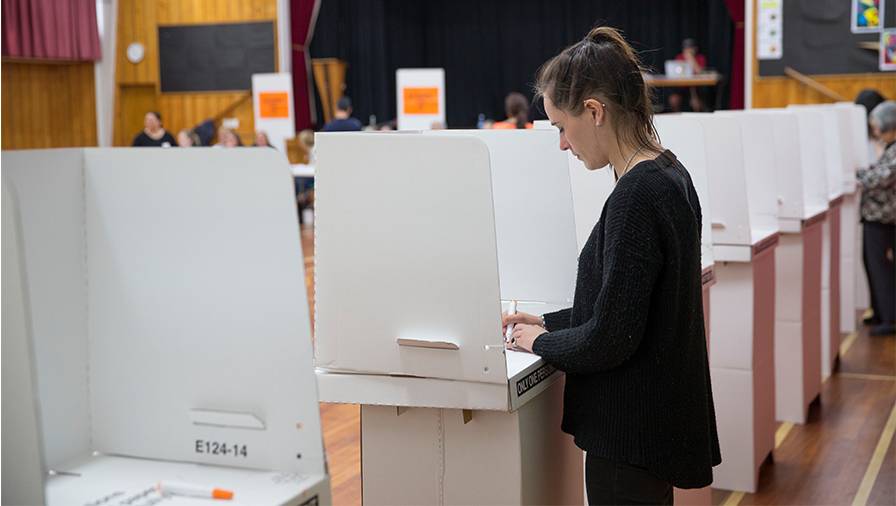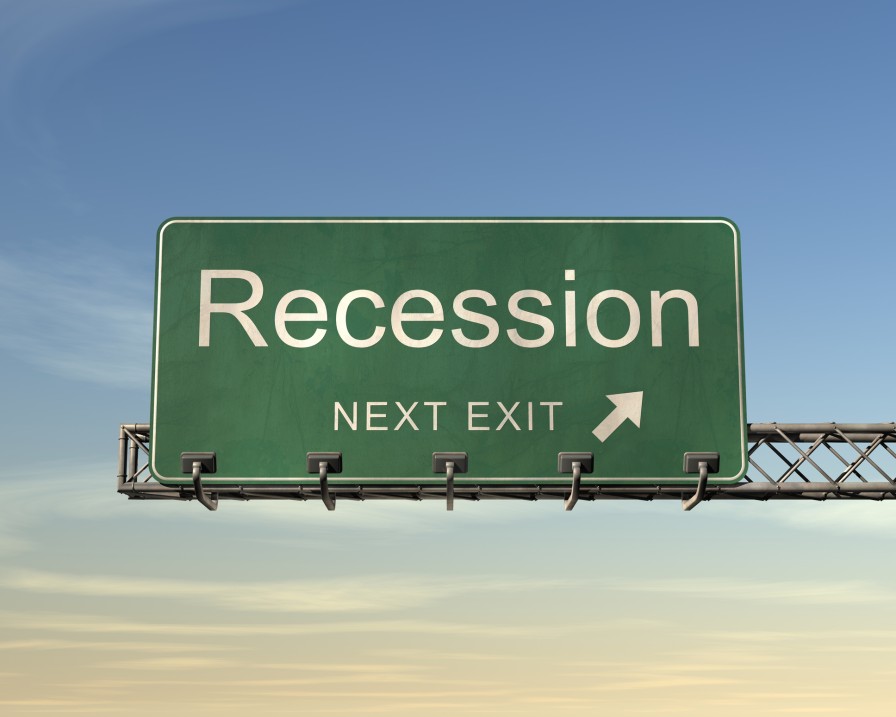Government mistakes, the voting age, recession, the election
As RBNZ keeps pushing up interest rates and recession looms, the Government’s chances of re-election recede.
NBR political editor Brent Edwards speaks with Grant Walker.
As RBNZ keeps pushing up interest rates and recession looms, the Government’s chances of re-election recede.
NBR political editor Brent Edwards speaks with Grant Walker.
This has been a tough week for the Government, culminating in the Reserve Bank’s 75 basis points hike in the Official Cash Rate and its pessimistic forecast of a recession next year.
NBR presenter Grant Walker points to a series of government announcements, which he says can only be described as “abject government failure”.
These include delaying the introduction of fines under the new Clean car standards regime; pushing out the deadline by which landlords, Kāinga Ora, and community housing providers have to meet the Healthy homes standards; watering down proposed hate speech legislation; and making late changes to the Three Waters legislation.
As well, there were reports the number of acute mental health beds are the same as five years ago, despite the Government’s big investment in mental health, and the new vocational training organisation Te Pukenga is searching for eight new directors – to be paid between $200,000 and $350,000 a year – while staff are being laid off from polytechnics.
It is a big list. Some of it is problematic, some not.
Transport Minister Michael Wood.
Transport Minister Michael Wood said the charge on cars based on their carbon emissions will be deferred until June 2023.
“We have heard the request from the industry for a delay and have worked together to confirm a timeframe that balances successful implementation with the need for action. This short extension gets that balance right,” Wood said.
Similarly Housing Minister Megan Woods has pushed out the deadline for meeting the healthy houses standards, largely she said because disruptions caused by Covid-19 had made it more difficult for landlords, including Kāinga Ora, to meet the original deadline.
Act Party housing spokesperson Brooke van Velden said originally the Government had intended only extending the deadline for Kāinga Ora but pressure from Act had forced it to extend that to all landlords.
Neither of those extensions, though, will do any serious damage to the Government’s stature. It would simply appear it is listening to business concerns.
Similarly changes to the Water Services Entities Bill are not significant and, while National Party local government spokesperson Simon Watts welcomed what he called a U-turn on the confiscation of public parks and reserves, his party still opposed the legislation and would repeal it.
As well, Watts said the extension of Te Mana o Te Wai to cover coastal and geothermal waters made the reforms even worse than they were.
But, despite National’s opposition, the bill will become law by Christmas and a second bill setting out the process for how water assets and liabilities will be passed on to the four new water services entities will be introduced before Parliament rises at the end of the year.
The Government, though, must wonder why more progress is not being made on the provision of mental health services, given the money it is spending, and continues to be dogged by the problems experienced by polytechnics and vocational training providers.
The Water Services Entities Bill will be law by Christmas.
Also this week, the Supreme Court decision – that the voting age of 18 was inconsistent with the Bill of Rights Act – means Parliament must respond.
Prime Minister Jacinda Ardern intends bringing legislation to the House to lower the age, but it requires a 75% vote to pass into law. Both National and Act oppose lowering the age, so for general elections at least, the voting age seems sure to stay at 18.
The Green Party supports lowering the age and most Labour MPs, too, which Walker says is because both parties would get more votes as a result.
He accepts that National and Act might oppose lowering the voting age because they believe it would not provide them with any electoral advantage.
So, should a party’s perspective of whether they would benefit or not drive the debate around the voting age?
If legislation does come to Parliament, it will be interesting to see how the parties and/or MPs argue their case for either lowering the age or retaining it at 18.
While it is a stretch to think 16 and 17-year-olds will soon be able to vote in general elections, the change might occur quicker in local body elections. Only a simple majority in Parliament is needed to change the law to lower the voting age in local body elections and even Act leader David Seymour – a strong opponent of doing it for general elections – said he would support that change.
Parliament will have to address the issue of the voting age.
Coming back to next year’s general election, though, and Labour will need all the help it can get if it is to secure a third term in government.
National and Act might have had Reserve Bank governor Adrian Orr in their sights these past few months but surely this week they must be toasting him in their caucus rooms.
By announcing a 75 basis point increase in the OCR to 4.25% this week and predicting – in fact effecting – a recession next year, the Reserve Bank has done more than anyone to help the Opposition’s electoral chances.
The bank is now picking it will raise the OCR even higher than it earlier predicted and that recession is needed to get inflation back to the target range of 1-3%.
Higher interest rates will undoubtedly hurt small businesses and households with high mortgage debt as the Reserve Bank tries to force them all to spend less to take some of the demand out of the economy.
As households face even higher interest rates next year – and a fair proportion of mortgage holders are due to have their fixed rate mortgages roll over – they are not likely to look kindly on the governing Labour Party. 
As the country faces a recession next year, that will help the chances of National and Act in the election.
At the same time, National leader Christopher Luxon has said his party will proceed with plans to raise tax thresholds but other tax cut plans – including scrapping the 39% top tax rate – are now under review as the economy faces recession.
Luxon repeated his criticism of the Government, blaming much of the rise in inflation – and subsequent increases in interest rates – on wasteful government spending.
Finance Minister Grant Robertson acknowledges 2023 will be a tough year for people but says: “New Zealanders know we have their backs when times are tough, as we did through Covid”.
But next year, as households struggle to make ends meet and all the talk is of recession, Robertson will surely worry about the impact that has on voters’ intentions.
Brent Edwards is NBR’s political editor.
Sign up to get the latest stories and insights delivered to your inbox – free, every day.